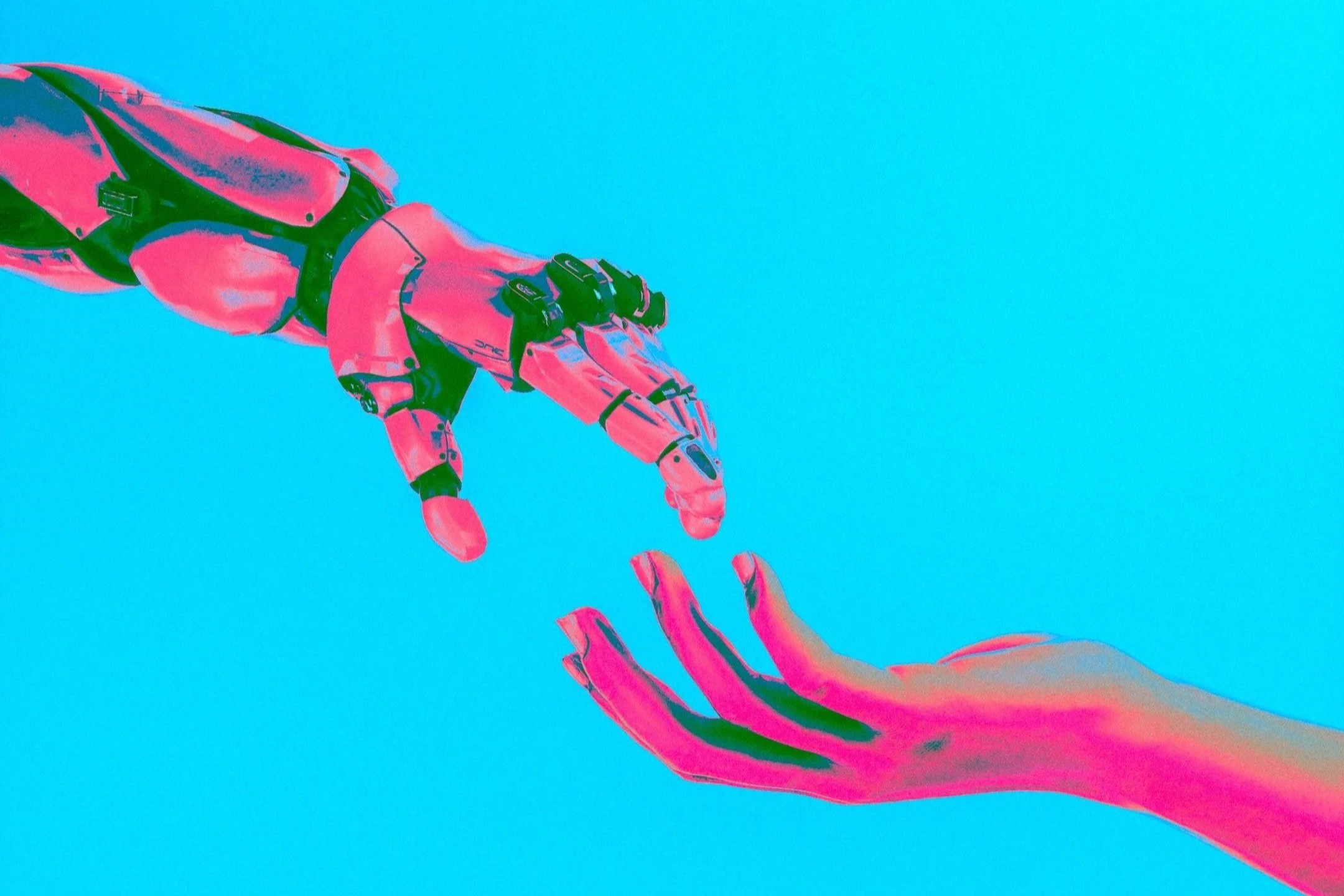AI in HR - A Look at Potential Uses and Challenges
Photo by Cash Macanaya on Unsplash
AI is emerging as a vital tool for driving progress across the entire industry, and this stands true for the realm of Human Resources as well. Even though our forte is people management, AI will still play a massive role in transforming HR processes.
The Rise of AI in HR:
Picture this: a world where HR professionals have more time to focus on strategic planning, fostering company culture, and engaging with employees on a personal level. Well, thanks to AI, this dream is inching closer to reality. Here's how:
Efficient Recruitment Process: AI-powered tools like chatbots and applicant tracking systems (ATS) are revolutionising the way companies find and hire talent. These digital assistants can screen resumes, answer candidate queries, and even conduct initial interviews, freeing up HR teams to focus on building meaningful connections.
Data-Driven Decision Making: AI's ability to analyse large volumes of data is a game-changer for HR analytics. Predictive analysis can identify patterns in employee behaviour, helping HR predict turnover rates, employee satisfaction, and even training needs.
Personalised Employee Experiences: AI can craft personalised learning paths for employees, recommend relevant training, and suggest potential career paths within the company. This not only boosts employee satisfaction but also enhances overall performance.
Diversity and Inclusion: AI algorithms can help eliminate bias from the hiring process by focusing on skills and qualifications rather than personal information. This can lead to more diverse and inclusive teams, driving innovation and creativity.
Challenges to Watch Out For:
While the potential benefits of AI in HR are undeniably exciting, it's essential to tread carefully to avoid some common challenges:
Unintended Bias: AI algorithms are only as good as the data they're trained on. If historical data contains biases, AI can inadvertently perpetuate those biases in hiring and decision-making processes.
Loss of Human Touch: While AI can automate many HR tasks, it's crucial not to lose the human touch that makes HR so valuable. Building genuine relationships and understanding the unique needs of each employee can't be replicated by machines.
Privacy Concerns: Collecting and analysing employee data can raise privacy concerns. HR departments must strike a balance between using data to improve processes and respecting employees' rights to privacy.
Job Displacement Fears: The fear of AI replacing human jobs is real, but it's important to view AI as a tool that complements human skills rather than a replacement. HR professionals can use AI to enhance their roles and focus on higher-level tasks.
Bottom-line
AI is not just a buzzword but a powerful force that's reshaping the HR landscape. By embracing AI's potential while remaining vigilant about its challenges, HR professionals can create a future where companies thrive, employees flourish, and innovation knows no bounds.

